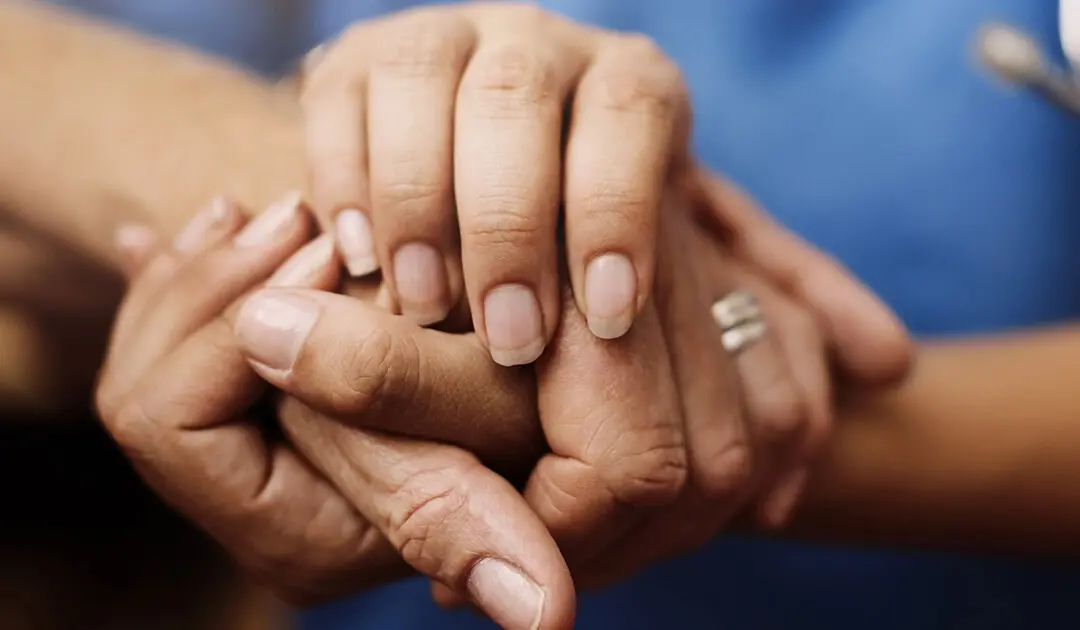De-Escalation Tip of the Day: Allow Silence for Reflection

The beloved Sufi mystic and poet, Jalaluddin Rumi, wrote: “In silence there is eloquence. Stop weaving and see how the pattern improves.”
When it comes to de-escalation, the great challenge is to be mindful of the opportunity to stop doing, stop saying, and simply be present. Anxiety may momentarily separate somebody from their ability to make rational choices, but the intention of de-escalation should hopefully be to safely reconnect an individual in crisis to their autonomy and well-being. A quiet moment to gather one’s thoughts, to consider choices that have been offered, or simply be still, can help a situation correct its course.
During CPI’s March Mindfulness campaign, my colleague Aryn Lietzke explored four calming techniques for children and adults. One of these was centered around breathing—making the connection between meaningful breath and the reduction of psychological stress was a key takeaway. Deep, mindful breathing can anchor a moment of silence for the benefit of an individual’s physical and mental well-being.
And in their in-depth piece on behavior management strategies for educational assistants and paraprofessionals, Jennifer Taylor, Michael Edward, and Abu Jabbie established active listening as the first of ten strategies for interacting with students with behavioral challenges. They recommended engaging in a Genuine Encounter Moment by:
- Giving the student total and complete focus
- Giving eye contact and having a friendly and open expression on your face
- Listening closely
- Withholding judgment
Silence can truly be golden—but we must facilitate it in a meaningful, safe way for an individual in crisis. CPI’s Matt Danek reminded readers in his excellent post about using the Decision-Making Matrix that the ultimate goal of your CPI training is to prevent harm—by learning to understand the likelihood and severity of a potential outcome, you can pick a prevention strategy that has the greatest potential to be effective. Underlying everything we do in Nonviolent Crisis Intervention® training is the understanding that behavior impacts behavior—and that includes the top CPI de-escalation tip to allow silence for reflection.
Creating a peaceful moment for an individual in crisis can enable them to find the peace within themselves. Stop weaving—and see how the pattern improves.
Schedule a Consultation
Learn how CPI’s training programs can benefit your organization.
Let's Connect